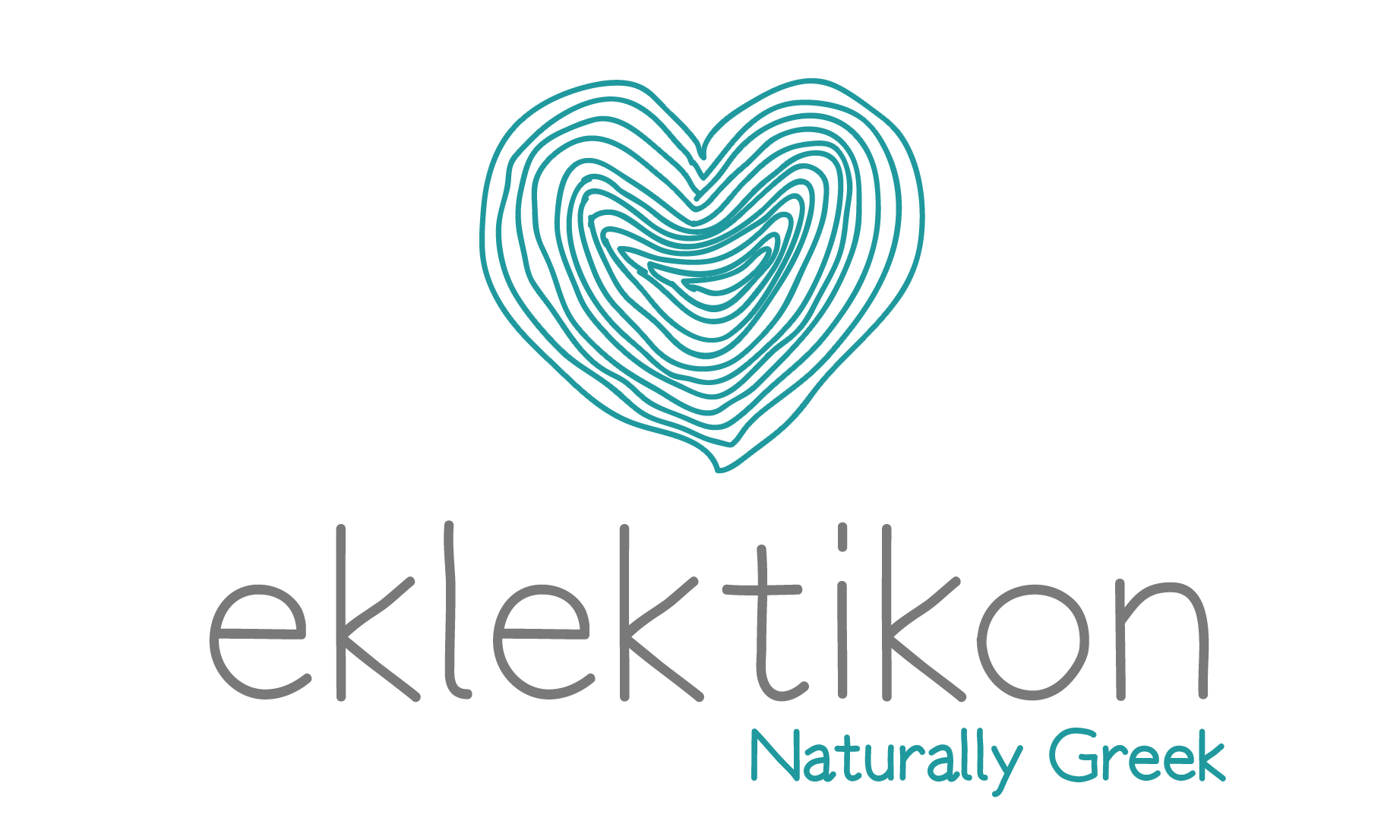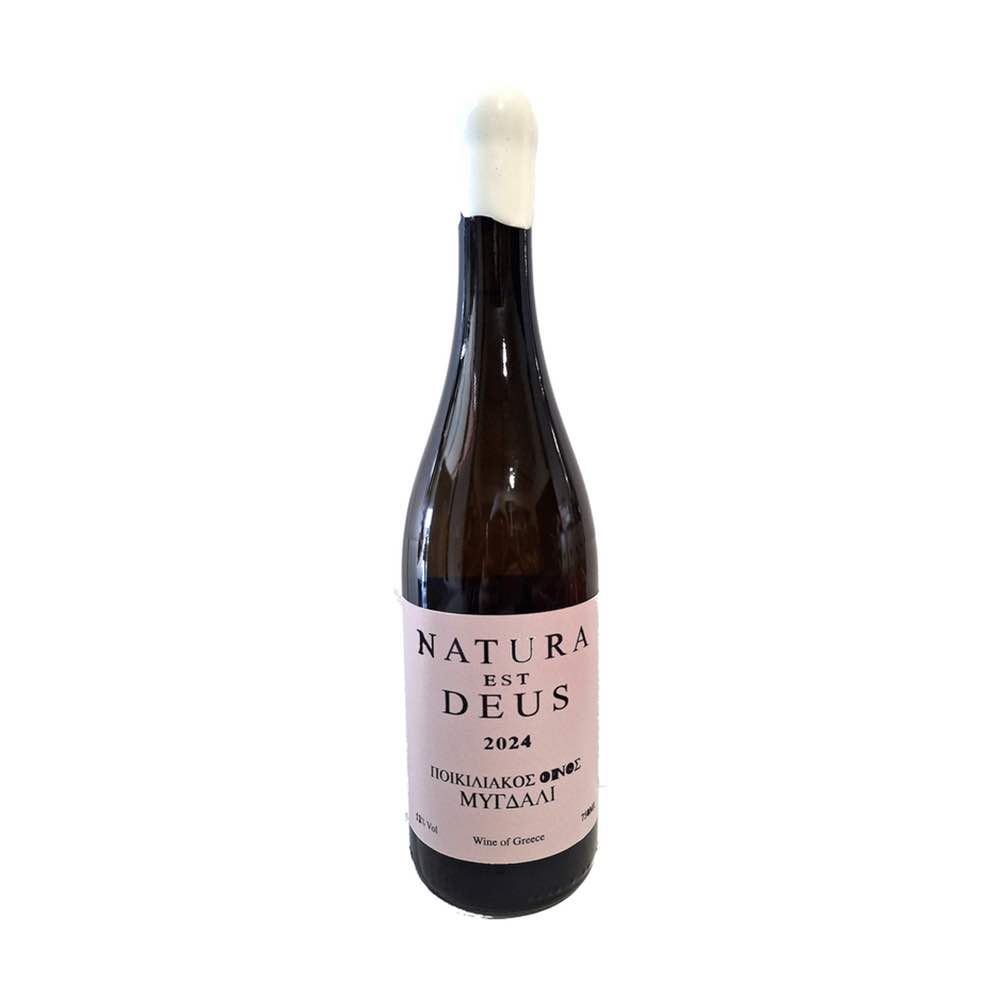Patras is the largest economic, commercial and cultural center of the Peloponnese and western Greece, and the third largest city in Greece. The main characteristics of the city play a crucial role in shaping the landscape and the locals.
Patras is located 216 kilometers west of Athens on the northern coast of the Peloponnese, at the foot of Mount Panachaiko, and borders the Gulf of Patras. It is the “gateway” of Greece to the West thanks to its port and communication with Italy and Europe, and also a focal point for trade with international dimensions.
In the coastal zone, its terrain is hilly up to the inland city. The characteristics of the residential fabric of Patras are the port and the low hill of Panahaikos with the medieval castle, built on the ruins of the ancient Acropolis.
The Municipality of Patras is the center of entrepreneurship, operations and services for the entire Achaia area, as well as the wider region of Western Greece and the Ionian Islands. It is also famous for its carnival celebration.
The port has always played a significant role in the economic, social and political life of the city. During the previous century, it experienced a period of great prosperity as a raisin trading center. The advantages of its geographical position provided an extended period of prosperity, thus leaving a mark on the life of Patras city, and shaped the characteristics of the local economy to a great extent.
(Source: https://e-patras.gr)


